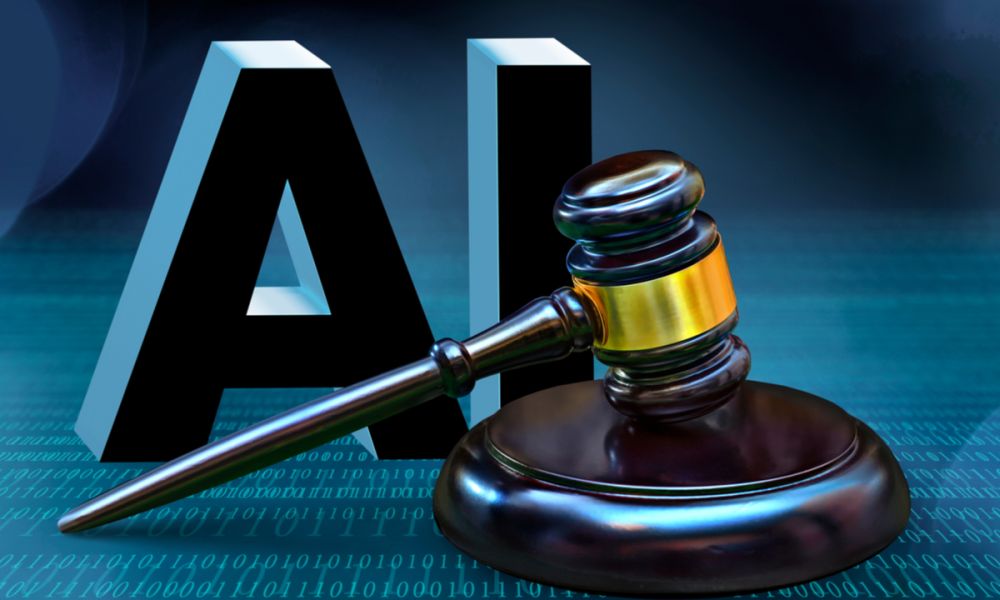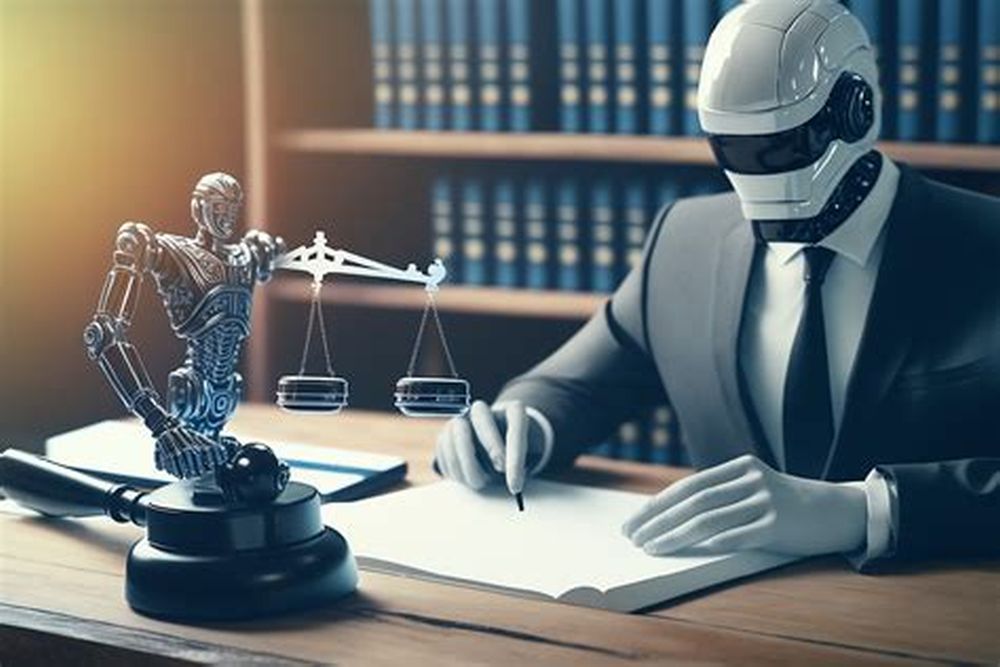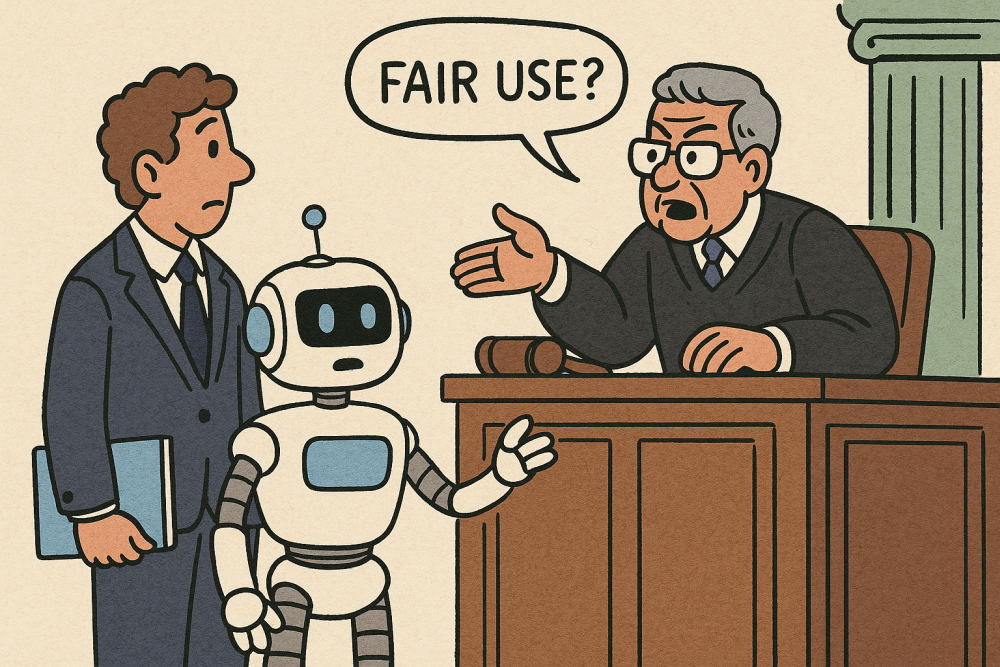The legal spotlight is shining on the practice of training AI models using copyrighted material. A recent ruling in the Thomson Reuters vs. Ross Intelligence case has stirred debate. The court found Ross’s use of legal headnotes for its AI tool wasn’t fair use—though its system wasn’t generative and competed directly with Reuters, muddying the relevance to generative AI.

Meanwhile, the lawsuit from The New York Times against OpenAI is heating up. A U.S. District Judge recently allowed most of the Times’ claims to move forward, setting the stage for a longer legal confrontation. While not yet definitive, it shows courts are starting to engage seriously with how AI interacts with copyright.

Experts are quick to caution that each case is unique, and broad conclusions are risky. The Ross decision doesn’t necessarily apply to generative AI, and the courts haven’t yet ruled on whether training large language models on copyrighted data constitutes fair use. We’re far from legal clarity.

The U.S. Copyright Office has also raised concerns. It’s suggested that using copyrighted material in AI training, especially commercially, may not qualify as fair use. With potential Supreme Court involvement looming, this legal journey could take years—and reshape the AI landscape.

#AI #copyright #law #courts #fairuse #litigation
